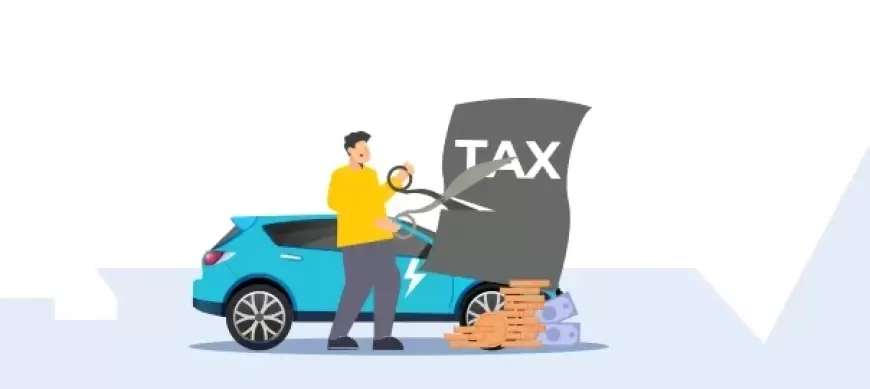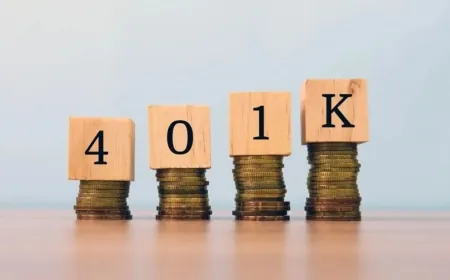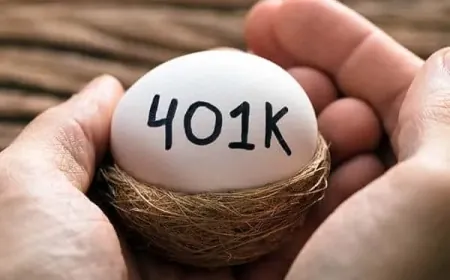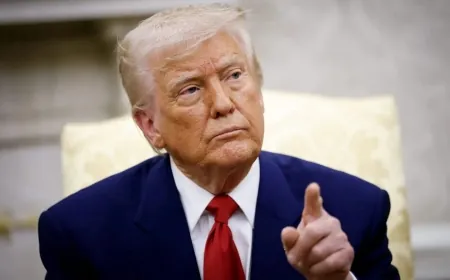New EV Tax Credit Rules Impact Vehicles with Chinese Materials
New EV tax credit rules impact vehicles with Chinese materials. Learn how regulations affect eligibility and exemptions for federal tax credits.

The US Treasury Department has introduced new regulations affecting the eligibility of electric vehicles (EVs) for federal tax credits, specifically targeting components sourced from China. Under these rules, vehicles with key materials originating from China may face challenges in qualifying for the full federal electric vehicle tax credit of $7,500.
The Treasury Department's recent announcement mandates that manufacturers avoid using critical materials sourced from Foreign Entities of Concern (FEOC), including China, Russia, North Korea, or Iran, by 2025 to qualify for the full EV tax credit. However, the regulations offer a temporary reprieve of two years for certain materials primarily sourced from China.
According to the Treasury, manufacturers may temporarily exclude "impracticable-to-trace battery materials" from FEOC due diligence and compliance determinations until 2027. These exemptions provide relief for automakers sourcing materials like graphite, a critical component of EV batteries predominantly sourced from China.
The Inflation Reduction Act's (IRA) federal EV tax credit currently requires manufacturers to increase sourcing of battery "critical materials" such as nickel and cobalt from the US and its trade partners, as well as ensure that battery components are increasingly manufactured in North America. The intent behind these mandates is to reduce the industry's reliance on battery materials and components from China.
China's dominance in the EV battery supply chain has raised concerns among automakers and the federal government alike, prompting efforts to diversify supply chains and boost domestic production of these critical minerals. Estimates suggest that approximately 90% of the EV battery supply chain originates from China, with Chinese companies like CATL and BYD leading the market.
The exemption for "impracticable-to-trace" elements like graphite offers a significant advantage to automakers, allowing them to continue sourcing these materials without facing immediate compliance challenges. The Alliance for Automotive Innovation (AAI), representing automakers and their trade interests, welcomed the exemption for non-traceable elements until 2027, citing its positive impact on investment, job creation, and consumer adoption of EVs.
Despite the benefits of the EV tax credit, qualifying for it has proven challenging for many automakers, with only 20% of EVs currently receiving the credit. Additionally, stringent requirements are set to become even more stringent next year. Currently, only 22 vehicles sold in the US qualify for the tax credit, and only 13 of them qualify for the full $7,500 credit.
However, critics, including Senator Joe Manchin, view the exemptions as undermining the intent of the Inflation Reduction Act and have expressed concerns about potential loopholes benefiting China. Manchin has pledged to lead a Congressional Review Act resolution to address these concerns, potentially leading to the repeal of Treasury's guidance on untraceable elements.
Also Read: New EV Tax Credit 2023: List of Electric Vehicle Models Eligible for Up to $7,500 in New Tax Credits
































































